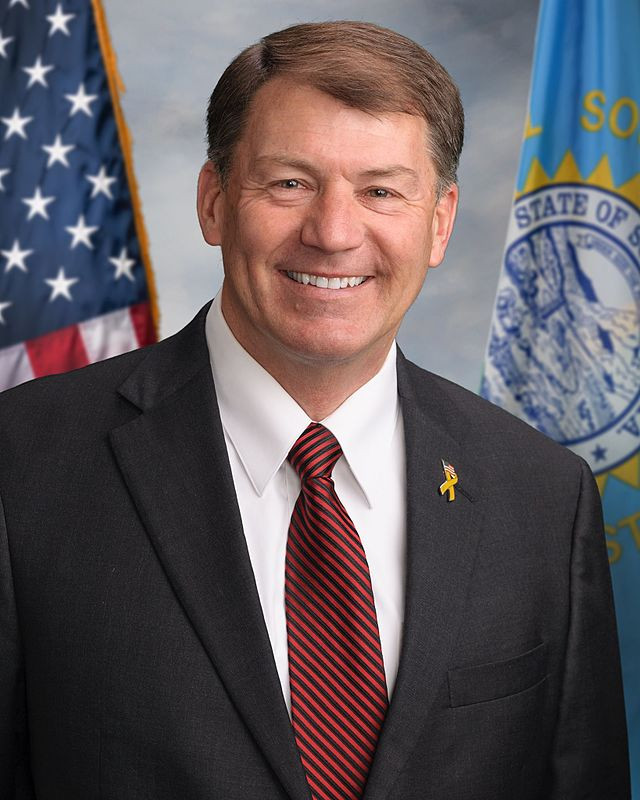At the Halifax International Security Forum on Friday, South Dakota Senator Mike Rounds dismissed the possibility of negotiating a peace deal between Russia and Ukraine, expressing deep skepticism about Russian President Vladimir Putin's trustworthiness. His remarks provided a stark contrast to President-elect Donald Trump's repeated claims that he could end the conflict quickly.
"As much as I would like to believe we can negotiate with a tyrant, I suspect we may be deceiving ourselves," Rounds said at the forum. "Do you believe that this tyrant, if you offer him a part of a free country, do you think he's gonna stop? I wish I could say there's an easy way out, there's not."
Rounds, a Republican and member of the Senate Armed Services Committee, made clear that his remarks did not represent the views of the incoming Trump administration. Trump has vowed to broker peace between Russia and Ukraine within days of taking office, a pledge that has sparked debate within the Republican Party. Rounds' comments align with a more hawkish stance held by many Senate Republicans who support continued U.S. aid to Ukraine.
Rounds also expressed frustration with the pace of U.S. military assistance to Ukraine, echoing concerns raised earlier at the forum by Ukrainian civil society leader Hanna Hopko. "I just feel so frustrated that we have not been able to provide them all of the equipment that they need, and all of the weapons systems that they need, in order to respond to the absolute tyranny coming from Russia," Rounds said. "I wonder why we haven't done more more quickly than we have."
The comments come as Russia has ramped up its offensive in Ukraine, highlighted by a hypersonic missile strike on the city of Dnipro earlier in the week. The strike reportedly involved the experimental "Oreshnik" missile, an intermediate-range ballistic weapon capable of carrying nuclear or conventional warheads. Russian President Vladimir Putin described the missile as unparalleled in modern warfare.
"No one in the world possesses such weapons," Putin declared in a televised address. He claimed the strike was in retaliation for Ukraine's use of U.S.- and British-supplied long-range missiles that have targeted locations inside Russia. The Biden administration recently approved the use of Army Tactical Missile Systems (ATACMS) for such strikes, a policy shift that has drawn both praise and criticism in Western defense circles.
NATO officials at the Halifax forum underscored the importance of continued support for Ukraine. "We have to continue to support Ukraine because there's so much at stake, and I cannot imagine that it is in the interest of the U.S. to see Putin coming out of those negotiations as a winner," said Adm. Rob Bauer, chair of NATO's Military Committee, during the conference.
Rounds' skepticism about negotiating with Putin reflects the broader divisions within the Republican Party over the U.S.'s role in Ukraine. While Trump and his allies have pushed for reduced military aid and a potential diplomatic solution, many Senate Republicans remain committed to robust support for Kyiv.






